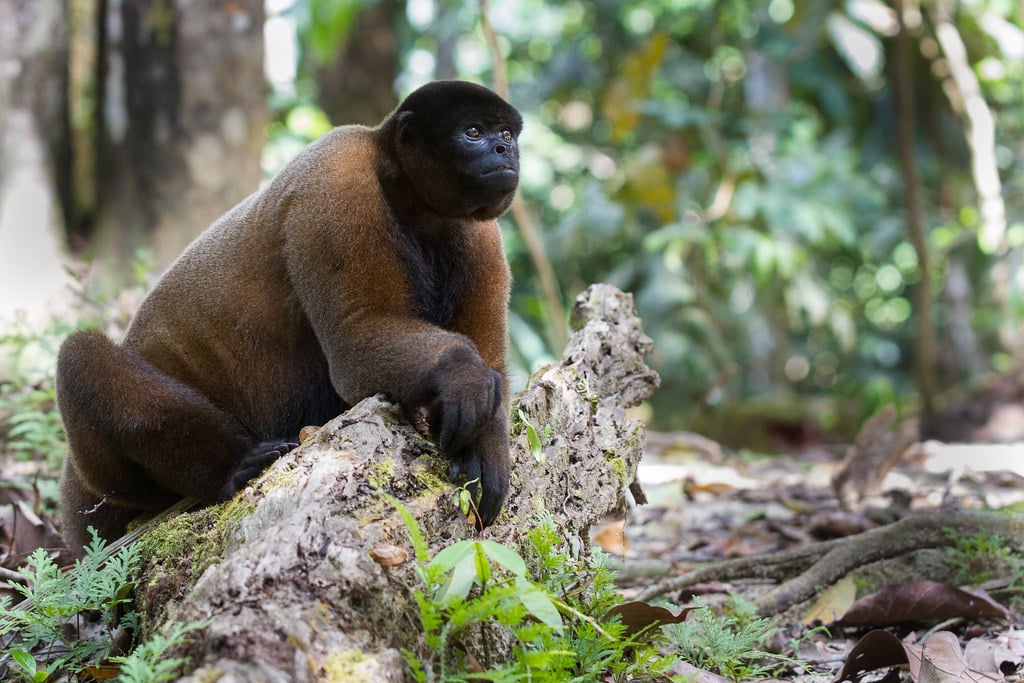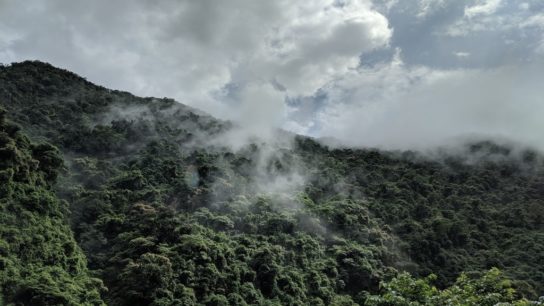The Constitution Court of Ecuador officially recognises animal legal rights in the country in a case regarding a former wild pet monkey that was seized by authorities.
—
In a world’s first, Ecuador has recognised the legal rights of wild animals in a landmark constitutional court ruling, which will see the creation of new legislation to protect their rights of animals.
The ruling came as a result of a woolly monkey named Estrellita that forcibly moved from its home, where she was kept as a pet for 18 years after she was taken from the wild at one month old. Environmental authorities seized the monkey in 2019 on the grounds that possessing a “wild animal” is prohibited by Ecuador law and was moved to a zoo. Estrellita died a week after the relocation.
The owner, librarian Ana Beatriz Burbano Proaño took legal action and in December 2021, the court ruled in favour of her, stating that the animal’s rights had been violated by the government after being forcibly removed. However in the same case, the constitutional court found that the animal’s rights were also violated by the original owner when it was removed from its natural habitat, especially at such a young age.
In 2008, Ecuador was the first country to recognise the rights of nature in its national constitution, enshrining the right of its people to live in a healthy environment – a move which Italy has recently similarly replicated by making protecting the environment part of its constitution. Just last December, the Constitutional Court applied the rights of nature to prohibit mining in the Los Cedros Protected Forest.
When the case regarding Estrellita came before Ecuador’s Constitutional Court, the judges considered several issues, including: the scope of the country’s rights of nature provision; whether animals qualify as the subject of rights; and whether the scope of the rights of nature includes animals. In the end, the judges ruled that the legal status of animals should fall under the country’s constitutional rights of nature, thus establishing the country’s s animal legal rights.
“This verdict raises animal rights to the level of the constitution, the highest law of Ecuador,” said leading Ecuadorian environmental lawyer Hugo Echeverría. “While rights of nature were enshrined in the constitution, it was not clear prior to this decision whether individual animals could benefit from the rights of nature and be considered rights holders as a part of nature. The Court has stated that animals are subject to [the] rights protected by [the] rights of nature.”
The court also noted that “wild species and their individuals have the right not to be hunted, fished, captured, collected, extracted, kept, retained, trafficked, traded or exchanged.” Relevant governmental entities must now create protocols to guarantee the rights of nonhuman animals under the rights of nature.
You might also like: What is Animal Consciousness?
Featured image by: Gregoire Dubois/Flickr (CC BY-NC-SA 2.0)


















